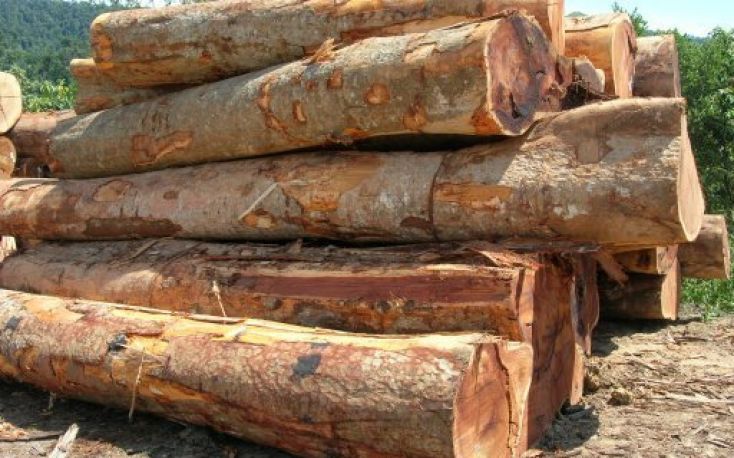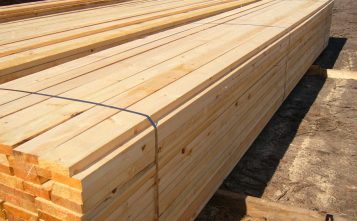A recently released report details the upheavals experienced by the timber industry during the Movement Control Order (MCO) first implemented on March 18.
Many companies faced challenges as raw material supplies were disrupted. To support industries the government introduced the so-called “Prihatin Stimulus Package” worth over RM260 billion. Consultations among the various ministries, government agencies and the private sectors resulted in the release of regulations and Standard Operating Procedures (SOPs) for businesses that were given approval to operate during the MCO.
As many industries were contemplating a shutdown, the timber sector received special approval from the Ministry of Health to operate under strict adherence to the SOPs during the MCO. More than 500 timber-based companies were granted approvals of which over 70% were furniture and moulding manufacturers.
The Malaysian Timber Council (MTC), together with many public and private sector organisations, played a key role in facilitating the smooth operation of the timber sector by analysing and channeling feedback from the industry players to the government through consultation sessions.
The MTC conducted an industry-wide survey which highlighted concerns over slowing global and domestic demand, cash flow problems, problems in fulfilling orders and paying workers.
The MCO was extended in stages and on May 4, the government implemented the Conditional Movement Control Order (CMCO), which was in effect up to 9 June. This allowed most economic sectors, including the timber sector, to operate based on regulated SOPs.
One of the main problems during the MCO was disruption of timber raw materials supply chains which was swiftly resolved when the government granted permission for the transportation of logs from the landing sites to the factories. Since then, timber-based manufacturers were assured of regular supply of raw materials for their operations.
The timber sector has been operating throughout the MCO and CMCO with almost all manufacturers having resumed operations and more than 60% are now exporting. These timber-based manufacturers are also revisiting their business plans and actively relooking at digitalisation and automation options to further fortify their operations.
The timber industry is an important contributor to the Malaysian economy. In 2019, it earned RM22.5 billion from exports which was 2.2% of the country’s total merchandise export.









Leave a Reply